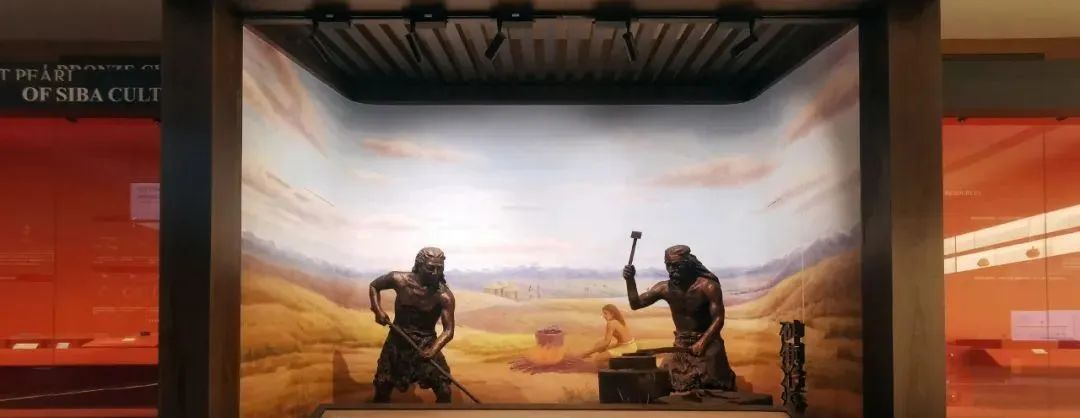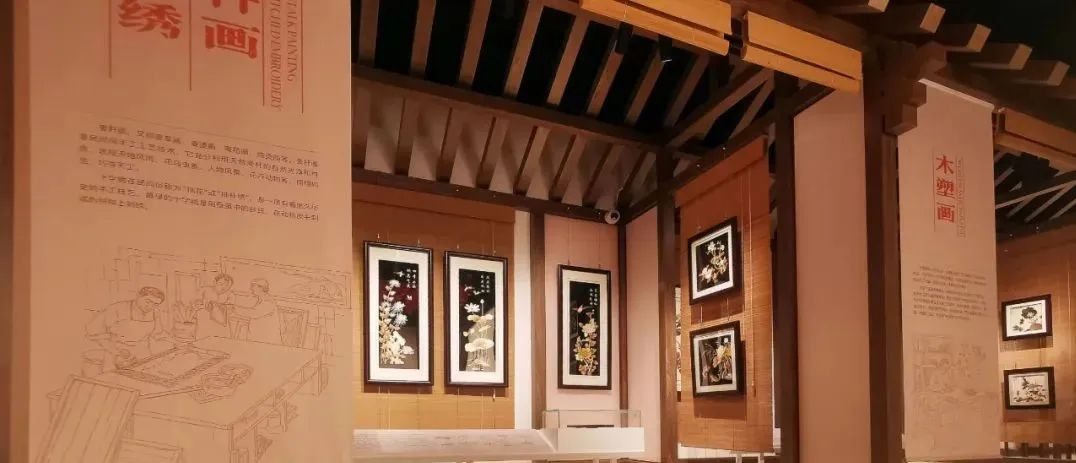Walking into the museum is like embracing a beautiful visual feast: the space carries the past and future of cultural relics, and the lighting gives the cultural relics soul. The static cultural relics are full of infinite vitality due to the blessing of the lights.
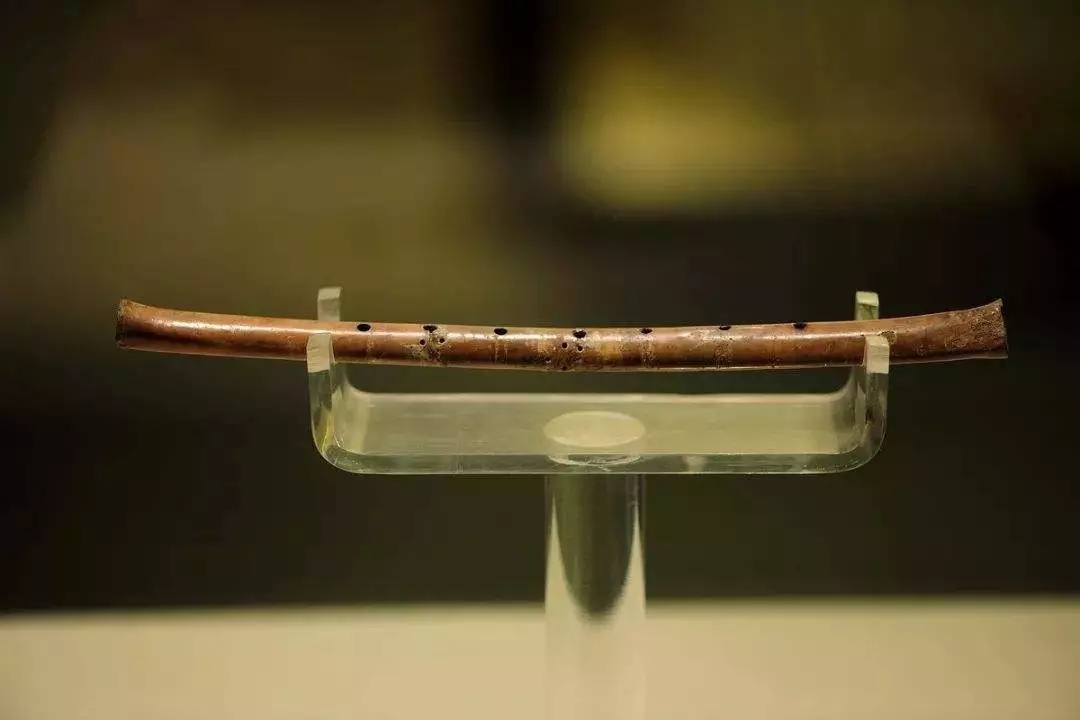
So, what principles need to be followed in the design of museum space lighting?
- The protection of cultural relics
1)The ultraviolet radiation and infrared radiation in the lamp and natural light should be reduced, so that the relative ultraviolet content of the light source is less than 75μW/1m.
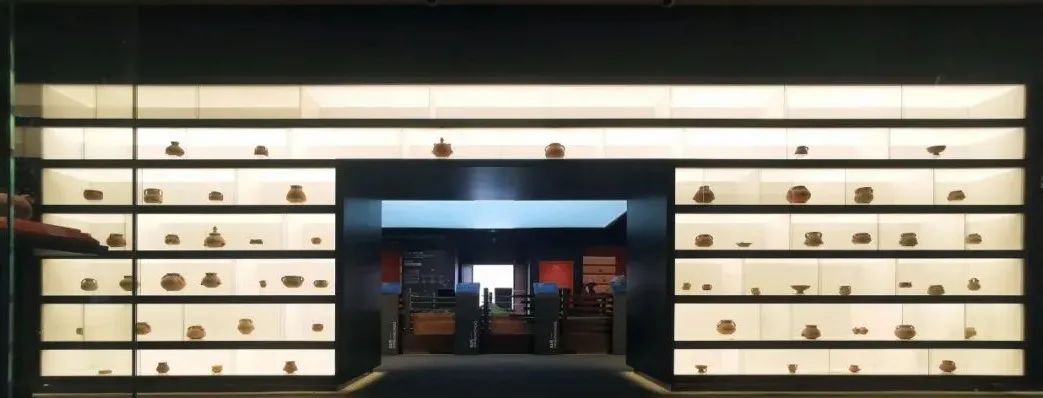
2)For exhibits that are particularly sensitive to light, in addition to limiting the illumination level to no greater than the standard value, the exposure time should also be reduced.
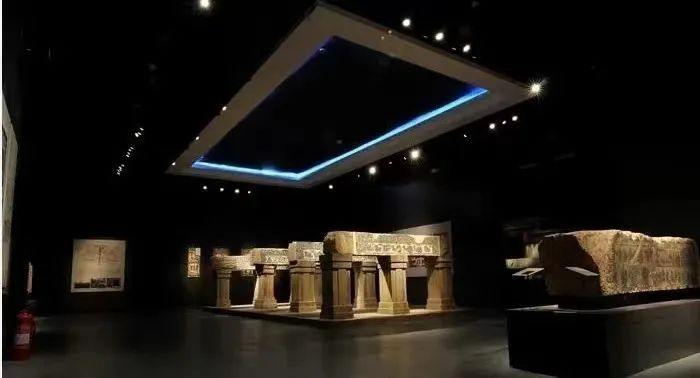
3)For national special protection cultural relics that are sealed in a vacuum, stored in a special showcase and are particularly sensitive to light, they must be exposed under the specified illumination only when there is special need.
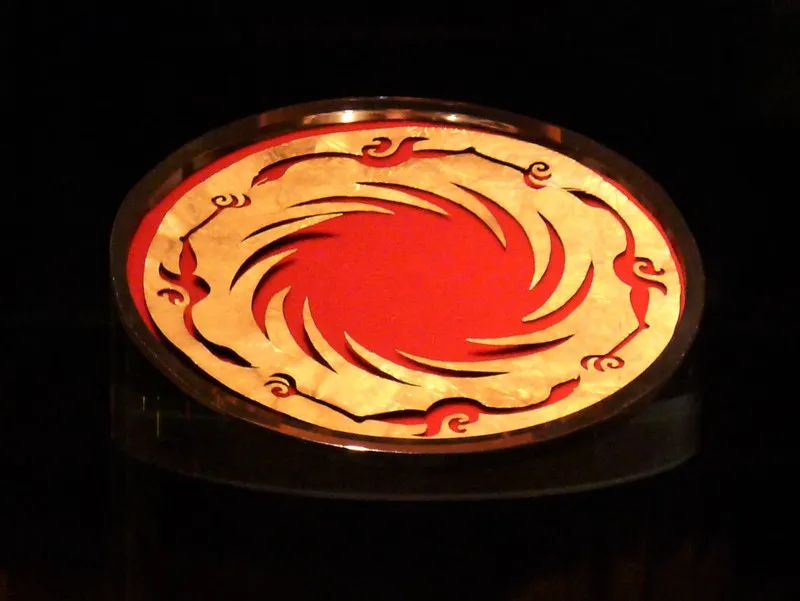
- Restore true colors
1)High CRI: Museum exhibits have higher requirements for color discrimination. The high CRI of the light can better restore the color, history and artistry of the illuminated objects.
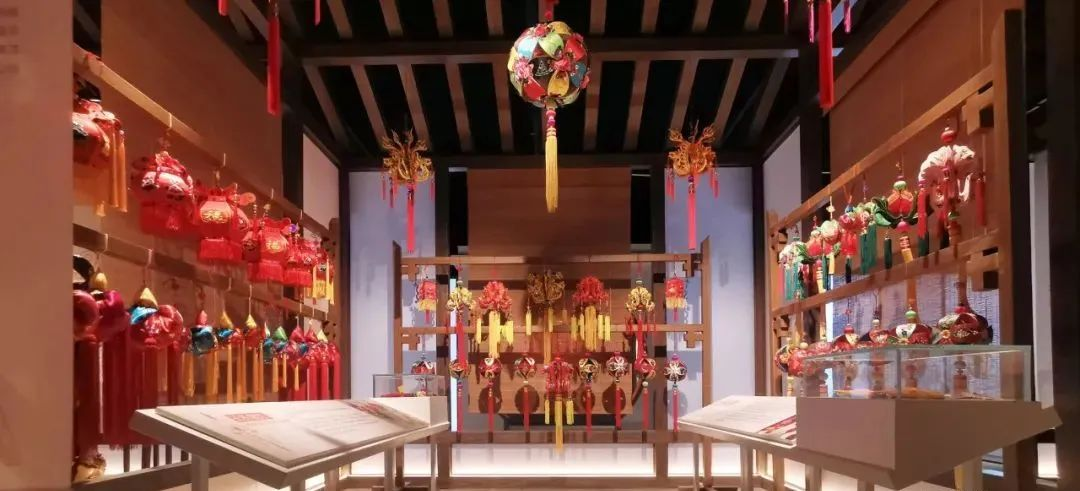
2)Suitable color temperature: Light with low illumination and low color temperature that can make people quiet and comfortable is more suitable for museum spaces. The color temperature of museums is generally 3000K~3500K.
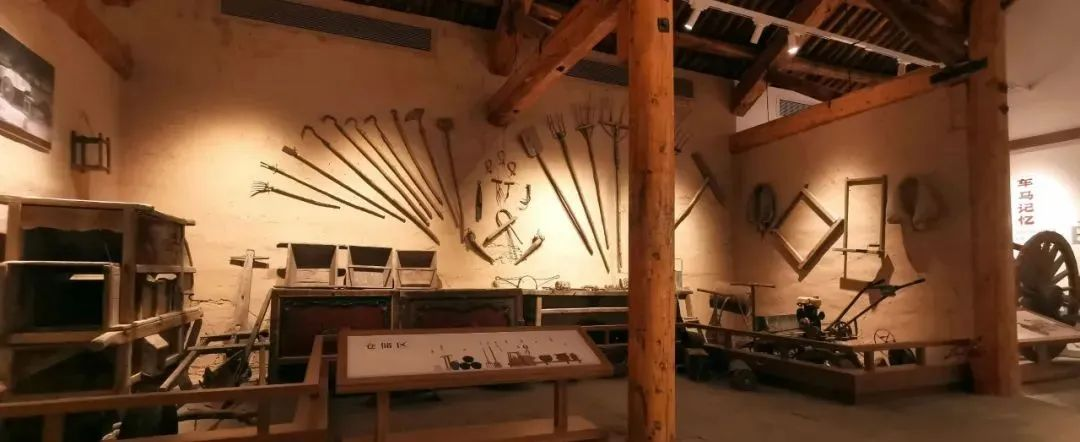
3)Uniform illumination: For exhibits that are sensitive to light, such as paper and silk, the illumination should be controlled within 50lx, or the damage to the exhibits should be minimized by reducing the exposure time.
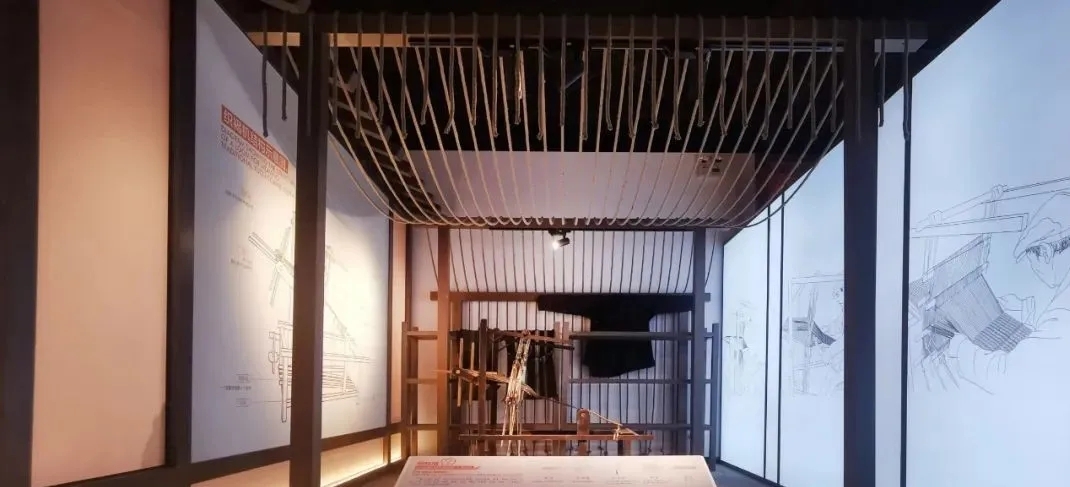
Therefore, it is necessary to reasonably choose the light source, lamps and layout to improve the viewing effect in the exhibition space of the museum.
Blueview @ Canadian Insect Museum▼
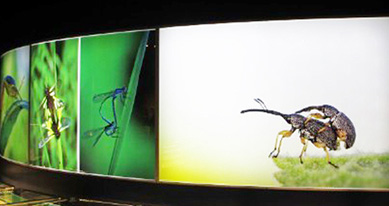
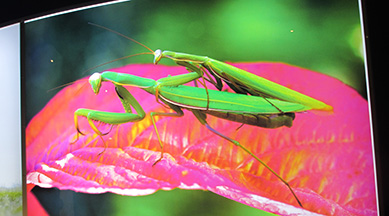
Blueview @ Tiananmen/The Palace Museum▼
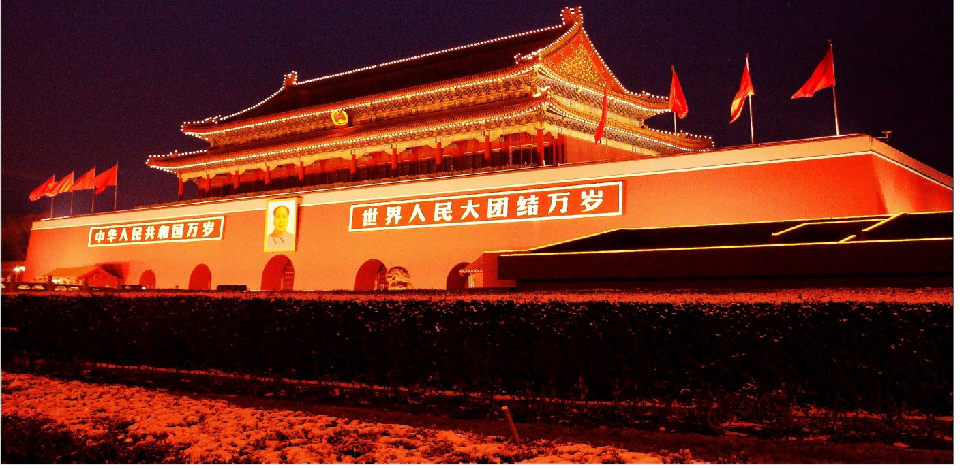
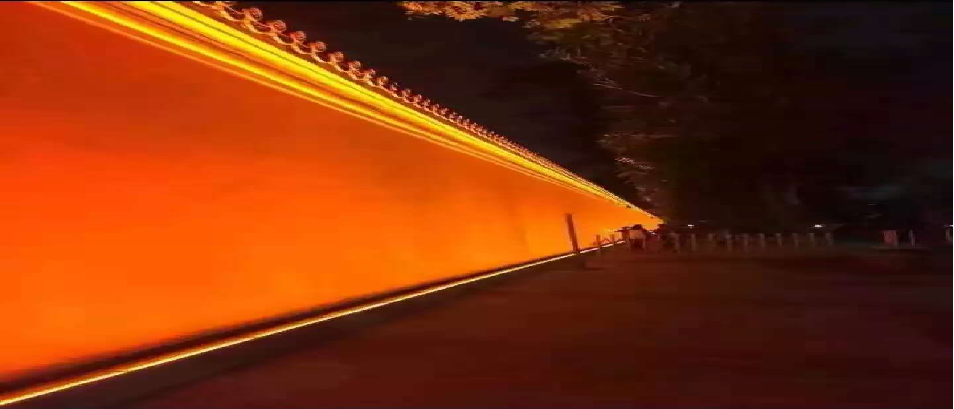
Blueview @ Modern Silk Road Cultural Area Exhibition Hall▼
